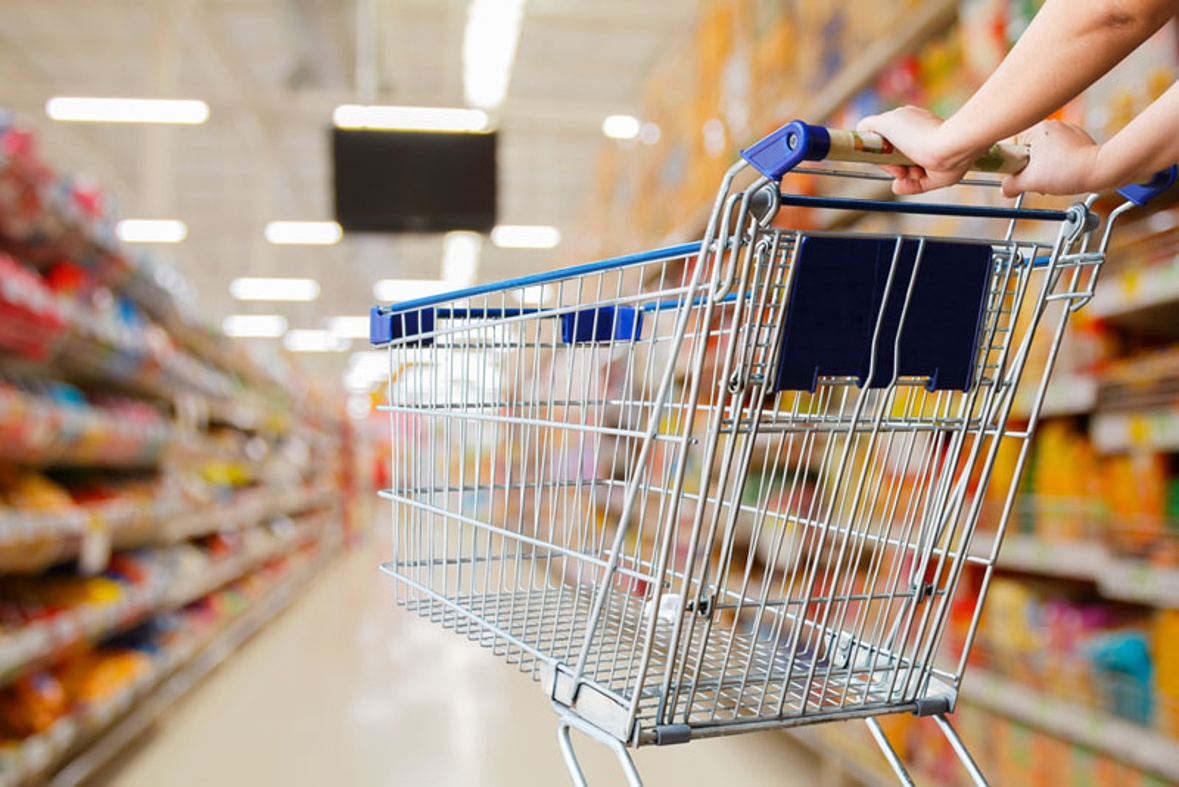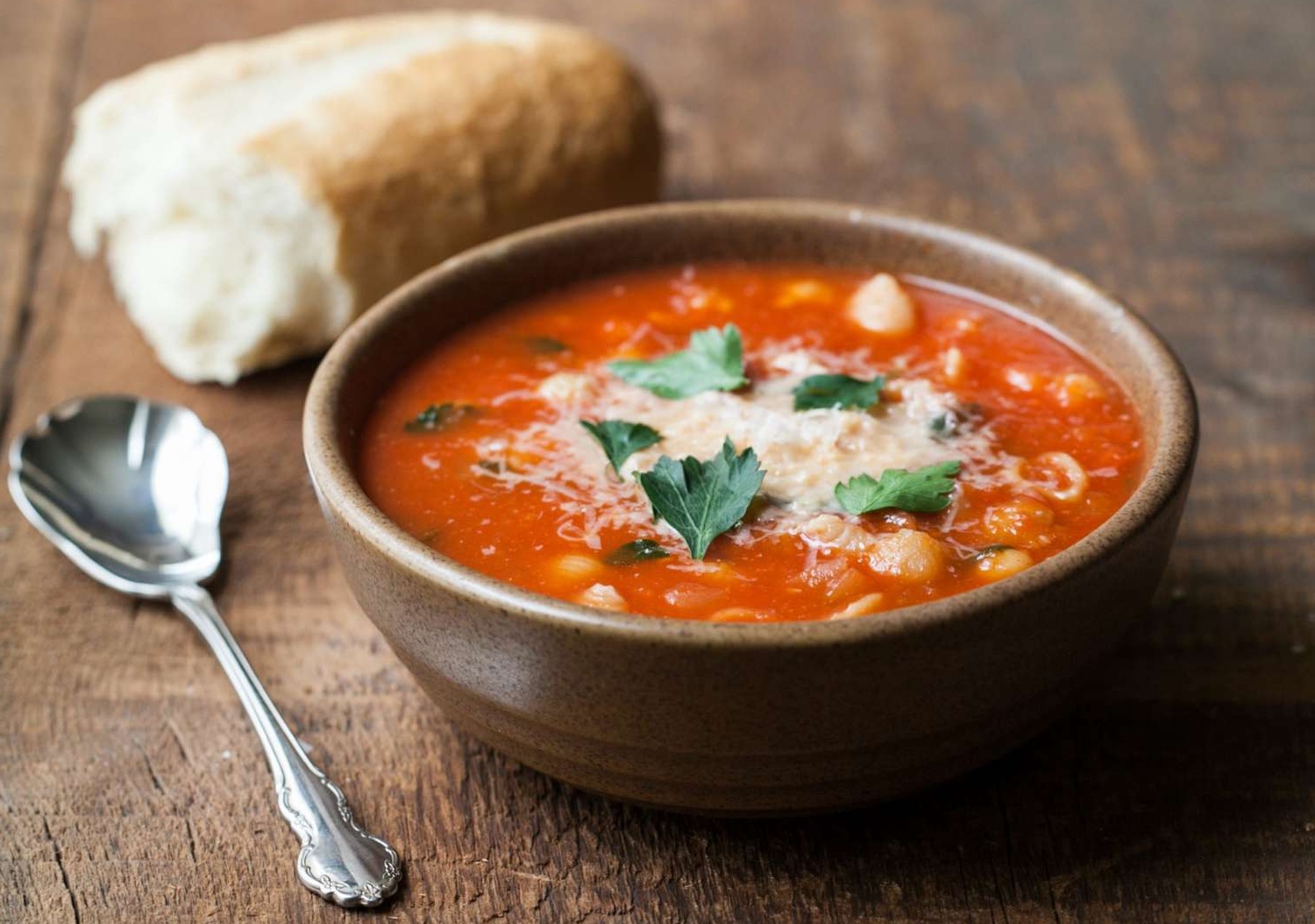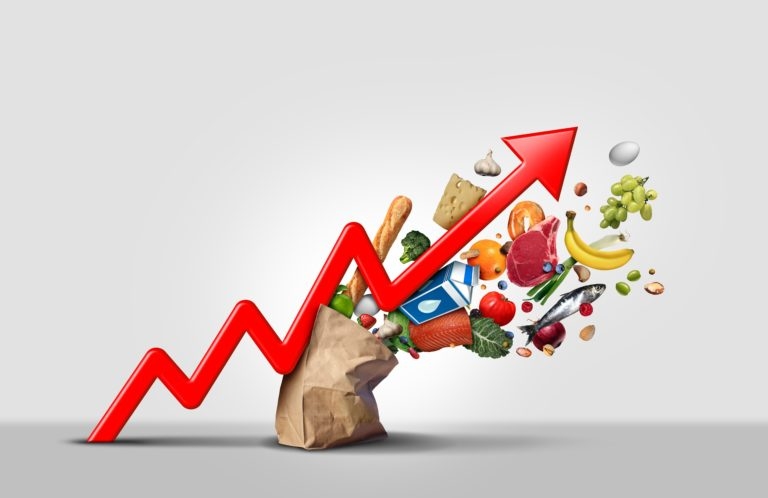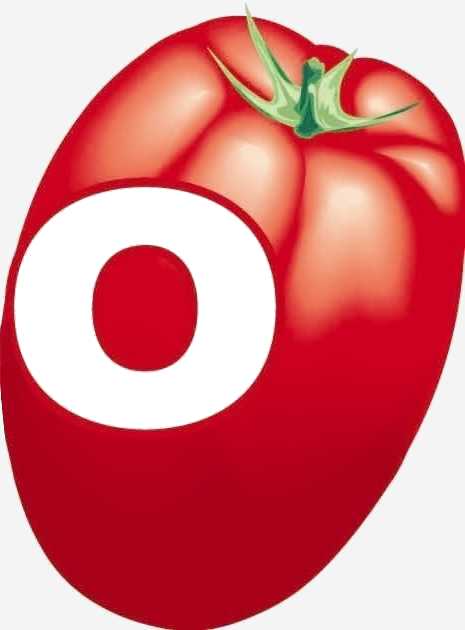Small and mid-sized manufacturers “losing ground in volume and value to private labels”, IRI report indicates
The market researcher's latest “FMCG Demand Signals” has revealed that private labels now make up 36% of total FMCG value sales in Europe (Euro 216bn) – up from 34% earlier this year, illustrating the extent retailers are trying to manage the impact of rising prices.
Strong market performance has taken place across all European markets, particularly in Spain where private labels now make up 47% of total FMCG (“Fast Moving Consumer Goods”) value sales; followed by Germany and the Netherlands (both at 39%). The UK and Germany continue to lead private labels sales in absolute value.
 The IRI covers data from in-store purchases and a survey in 12 global markets, over 230 FMCG categories, 2000+ product segments and over a 100 million SKUs (Stock Keeping Units) across the US and several of the largest European and Asia Pacific markets (France, Italy, Germany, Spain, UK and Netherlands).
The IRI covers data from in-store purchases and a survey in 12 global markets, over 230 FMCG categories, 2000+ product segments and over a 100 million SKUs (Stock Keeping Units) across the US and several of the largest European and Asia Pacific markets (France, Italy, Germany, Spain, UK and Netherlands).It details how fewer promotions by retailers post-pandemic has made way for a targeted return to lower everyday prices across a basket of 150 consumer staples this year.
Retailers are trying to manage the impact of rising prices by optimizing the range, pack sizes and price points but strategies differ by category and value tier- and one of the biggest beneficiaries have been private labels.
Throughout the pandemic, national brands outperformed private labels - with consumers feeling comforted by buying brands they knew, trusted and could easily find in-store or online in challenging times. In the current inflationary environment, private labels are returning to pre-pandemic levels as consumers question their loyalty to national brands, and retailers expand the range of high quality, innovative and well-priced options. Discounters have expanded their portfolio of small-format stores in town centres and residential neighborhoods making these products available to a wider group of consumers who may not have been willing to travel to out-of-town stores previously. This has led to value sales growing +5.4% in the year-to-date 2022 (+3.0% MAT 2022). Notably only Italy is showing robust growth in both private labels and national brands.
Key drivers
The growth in 2022 to date is being primarily driven by food categories (+5.3%), taking its contribution to Euro 191 billion, with chilled & fresh, frozen and beverage categories growing. Notably though is alcohol which has seen a decline of 5% or GBP 3,4 billion in value sales to July 22 in comparison to a year ago and 6,7% in the year-to-date 2022.
“Private labels have traditionally offered lower prices to shoppers”, said Ananda Roy, Global SVP, Strategic Growth Insights, IPI, "but these are not sustainable and inflationary price rises have been greater than on well-recognized brand names. Yet this has not dampened demand especially in the chilled and fresh, ambient and frozen segments in food categories.
"Our research has shown this is because around 60% of consumers believe private labels are as good at national brands on quality, innovativeness sustainability, trust and delivering on claims, with 25% saying some private labels are “even better” than national brands. This is a significant shift from previous periods."
Price war is increasingly likely
Private labels are poised to be the “third competitor” to national brands in several FMCG categories, IRI added. Their ability to grow value, volume and attract new consumers is a growing risk to smaller and mid-sized manufacturers - the “Squeezed Middle” - who could begin to struggle to match private labels competitively as economic conditions worsen. IRI anticipates that a price war is increasingly likely in early 2023 and thereafter as the outlook for FMCG demand darkens.
Another recent trend is among UK retailers who have created new products with artisanal food brands from small manufacturers or restaurant chains to add brand recognition and quality perception in their private label portfolio in order to command a premium margin.
However, small and mid-sized manufacturers are not the only ones to feel the weight of private label competition in this difficult economic environment. According to a recent quarterly activity report, Campbell Soup Co. also sees more and more consumers switch to private labels, especially for condensed soups and broths.
 Campbell Soup Co. reported a 6% net sales increase to USD 2 billion in Q4 2022 (three months ended July 31, 2022) vs. the prior year, while volumes declined (-4%) for the quarter, revealing consumers may be rethinking some of their name brand purchases in favor of private label and other cost-effective options after enduring three rounds of price increases by the company.
Campbell Soup Co. reported a 6% net sales increase to USD 2 billion in Q4 2022 (three months ended July 31, 2022) vs. the prior year, while volumes declined (-4%) for the quarter, revealing consumers may be rethinking some of their name brand purchases in favor of private label and other cost-effective options after enduring three rounds of price increases by the company.On a yearly basis (12 months ended July 31, 2022), net sales increased 1% to USD 8.6 billion while volumes fell 6% compared to FY21.
While most of its key brands including Campbell's, Campbell’s Chunky, and Pacific Foods, remained at or slightly above FY19 market share levels, the company's soup portfolio (while still growing) has lost some share to private label brands in the past year as more consumers exhibited trade down behavior.
Soups: 'Chunky continues to be a star'
In wet soup (excluding condensed soup and broth), Campbell holds a 57% category share as of FY22 and grew dollar consumption by 8% compared to its competitors, who grew at a rate of 12%. Looking at condensed soup only, Campbell still holds the lion's share of the market with an 83% share. But the company is growing at a slower rate of 9% compared to the rest of the category which grew by 12% in FY22 vs the prior year.
Speaking on the Q4 2022 and FY22 earnings call on Thursday, Campbell CEO Mark Clouse said, "Although never happy with share loss in a category where we have a significant share leadership position, the strength of the category translates to compelling growth on a very important part of our portfolio."
Addressing which consumers are trading down and why, Clouse said, "We have been very focused on which consumers are trading down within soup and they tend to be our baby boomer consumers, who historically are a bit more sensitive to price gaps and also very likely to trade back over time. The good news is most of our new millennial consumers in soup have been highly brand loyal”.
A few brands within its soup portfolio were able to defend and grow share, however.
"In the ready-to-serve business, Chunky continues to be a star, with dollar share up 1.3 points and consumption up 20.3% versus the prior year," said Clouse, adding that compared to 2019, the brand has gained 1 million new buyers.
In broth, pressure from private label competitors has bit harder and as a result, Campbell is stepping up innovation for its Swanson brand to further differentiate it from private label offerings including an improved formulation.
"We have got a quality improvement that now tests superior to private label," he said.
"In fiscal 2023, we will be modernizing our packaging and improving our ingredients to drive the taste superiority, quality, and value of our Swanson brand. We will also be launching Swanson Quick Cups, which is a convenient one cup serving a broth, which fits the majority of broth recipe usage occasions."
Another survey shows consumers are cutting back on F&B purchases, switching brands because of inflation.
 The news has been tough to interpret lately. On the one hand, specialized press recently presented several earnings reports where F&B giants like PepsiCo and Coca-Cola have reported resilient demand for products despite price increases — and have indicated that prices may go even higher. On the other, several consumer surveys have shown that people are feeling the pinch at the grocery store.
The news has been tough to interpret lately. On the one hand, specialized press recently presented several earnings reports where F&B giants like PepsiCo and Coca-Cola have reported resilient demand for products despite price increases — and have indicated that prices may go even higher. On the other, several consumer surveys have shown that people are feeling the pinch at the grocery store.Adding to the latter body of work is a new survey commissioned by Ingredient Communications showing that almost all (97%) of U.S. consumers have noticed price increases on food and beverage products in the past three months.
As a result:
 50% have purchased a food or beverage product less often, up from 38% last December;
50% have purchased a food or beverage product less often, up from 38% last December; 62% said they had switched to a cheaper brand, compared to 58% last year;
62% said they had switched to a cheaper brand, compared to 58% last year; 21% said they had stopped purchasing a product altogether, roughly in line with the results from last year.
21% said they had stopped purchasing a product altogether, roughly in line with the results from last year.Richard Clarke, Managing Director of Ingredient Communications, said: “Since we conducted our first price sensitivity survey, the war in Ukraine has exacerbated an already volatile situation. As well as difficulties sourcing certain raw materials, fuel costs have gone through the roof. With winter on the way in the western hemisphere, and no sign of Russia backing down, demand for energy will spike and it’s hard to see any short-term easing of the inflationary pressures that food companies and consumers are facing.”
Source: foodnavigator.com


































